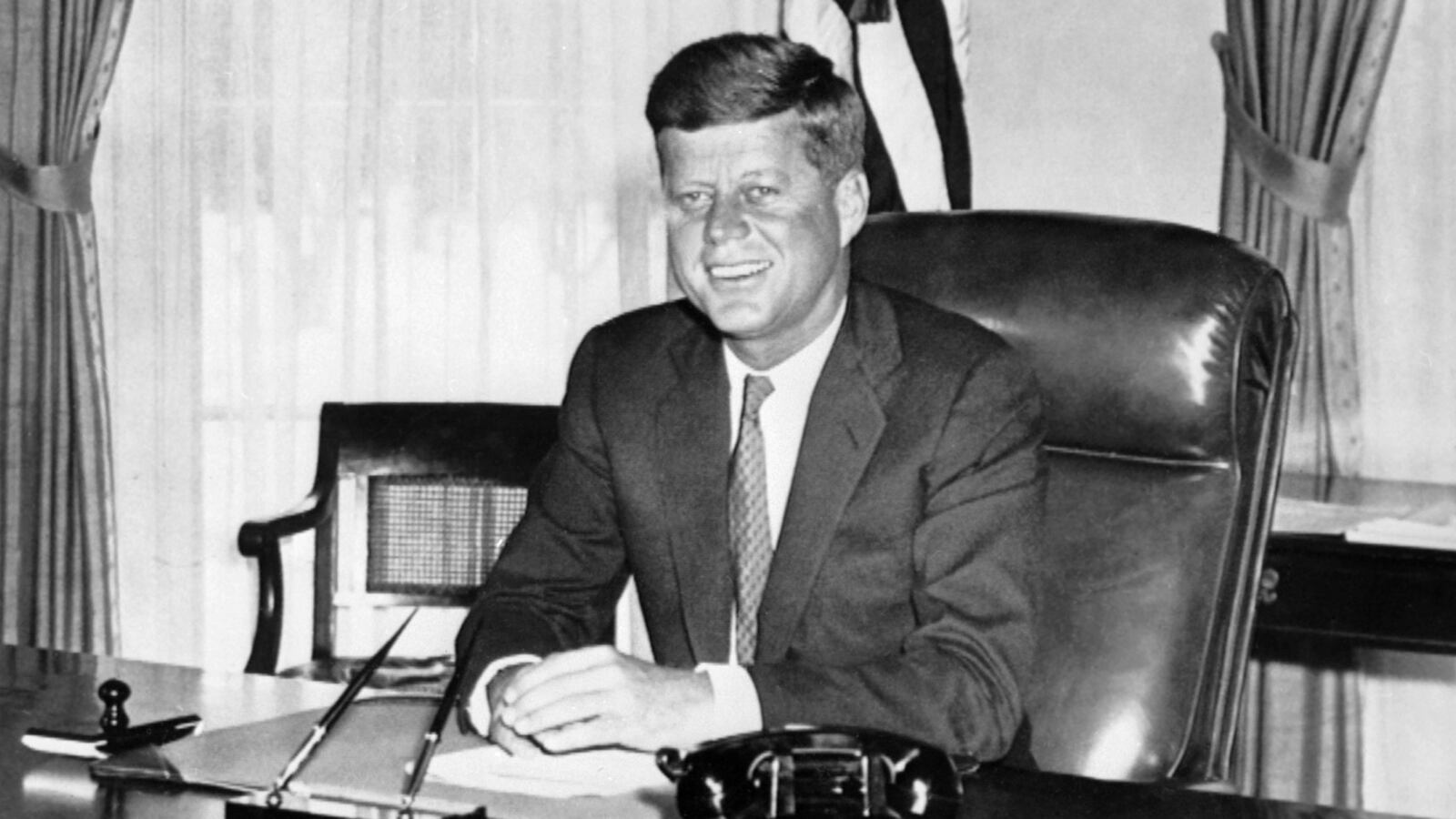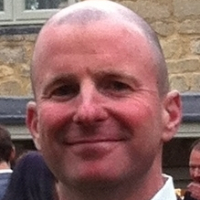Peter Beinart, in “The Rise of the New New Left,” makes a number of interesting and gloomy observations about voting patterns among millennials. But in the course of an otherwise enlightening article, he misrepresents the legacy of one of the most popular American presidents.

In a discussion of “political generations” inspired by the work of the sociologist Karl Mannheim, Beinart asserts: “If you are in your late 50s, you are probably too young to remember the high tide of Kennedy-Johnson big government liberalism.” But whatever the grandiose visions of his successor, President John F. Kennedy was no supporter of big government—and not much of a liberal.
This is not a case of political bodysnatching—in fact, it might be an understatement. MSNBC host Chris Matthews conceded the point in his recent biography, Jack Kennedy: Elusive Hero. “I am not a liberal at all,” Kennedy once told the Saturday Evening Post. “I’m not comfortable with those people.” Journalist and JFK insider Ben Bradlee confirmed it. “He hated the liberals.”
The ‘60s are thought of today as a single political era, but November 1963 was a historical pivot—a decisive turn from the cool, technocratic New Frontier to the emotive, bureaucratic Great Society.
No one can dispute LBJ’s record on civil rights, but his legislative incontinence led to a geyser of ill-advised welfare spending, which severely undermined family stability among the poor. Kennedy’s liberal supporters anguished over his sober gradualism, as Lincoln’s radical colleagues did over his, but both men sought unity as well as justice.
A political program of zealous anticommunism, aggressive engagement with foreign enemies, and large-scale tax reduction might call to mind the Reagan years. But the Gipper was still in Hollywood when President Kennedy pushed such policies. It’s an inconvenient truth—and an uncomfortable one for Democrats like Barack Obama and Nancy Pelosi—but JFK was a decidedly conservative president.
Like Lincoln before him, Kennedy was loved by many but known by few. With irony and wit he charmed a nation, but displayed a detachment that kept him aloof from the passions of his time. The current president is often depicted as similarly remote and cerebral, but his ideological lurches and maladroit handling of Congress have sunk him in a morass JFK might have hurdled.
The narrowness of JFK’s 1960 victory over Richard Nixon stemmed in part from their similarity—voters perceived little ideological difference between them. Both were young family men with wartime Navy service, and both were devoted Cold Warriors. Liberals bitterly despised Nixon and most flocked to Kennedy’s banner. Their loyalty was tested when he called not for a reduction in military spending, but an increase in missile production. However illusory the “missile gap” may have been, it is striking that a liberal icon so firmly stood for peace through strength. When President Reagan stood in Berlin and exhorted Mikhail Gorbachev to “tear down this wall,” his voice carried the echo of Kennedy’s “we shall pay any price, bear any burden, meet any hardship, support any friend, oppose any foe to assure the survival and success of liberty.”
Kennedy’s anticommunism never waned, and he had no illusions about America’s foes. Even in his 1963 speech at American University, conceived as a bid to defuse Cold War tensions, President Kennedy declared communism “profoundly repugnant as a negation of personal freedom and dignity.” Such strategic and moral clarity regarding the nature and identity of America’s enemies now seems in short supply. President Obama seems much taken by his own rhetoric, but more pointed words in the vein of Kennedy's would better articulate America's true challenge in the age of fundamentalist Islamic terrorism.
President Kennedy faced stiff congressional opposition as he pushed for large tax cuts, but brushed off liberal concerns about inequality. In a 1962 speech at the New York Economic Club, he warned that a high-tax regime “reduces the financial incentives for personal effort, investment, and risk-taking.” He was convinced that lowering income taxes—then as high as 91 percent—would spur economic growth. His fatal trip to Dallas meant that he would never sign those tax cuts into law, but his successor did a few months later. Kennedy may or may not have declared that “a rising tide lifts all boats,” but by his actions showed he believed it. And in this he differs from each of his Democratic successors in the White House.
But his appeal transcended ideology. JFK loved America. He never apologized for or was ashamed of American power. He was proud of it—and relished it. He was optimistic about the country’s future, and was an exceptional leader convinced of American exceptionalism. And his assassination fifty years ago next month robbed us of a fine president immune to liberal excess. As President Obama seeks to implement his cumbersome, unaffordable health care “reform,” and seems more interested in negotiating with his country’s enemies than his political opponents, we would do well to remember the real John Fitzgerald Kennedy.







